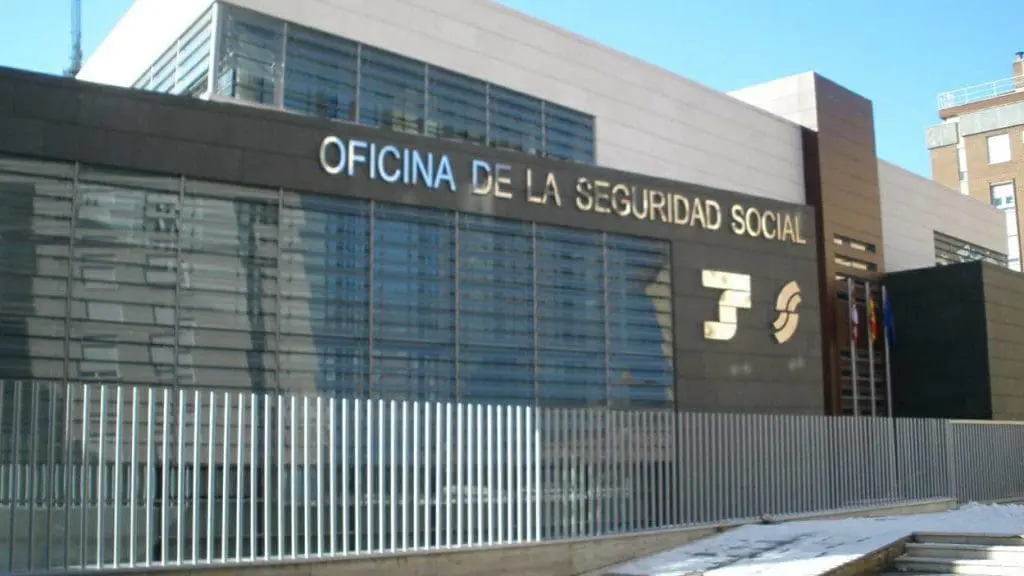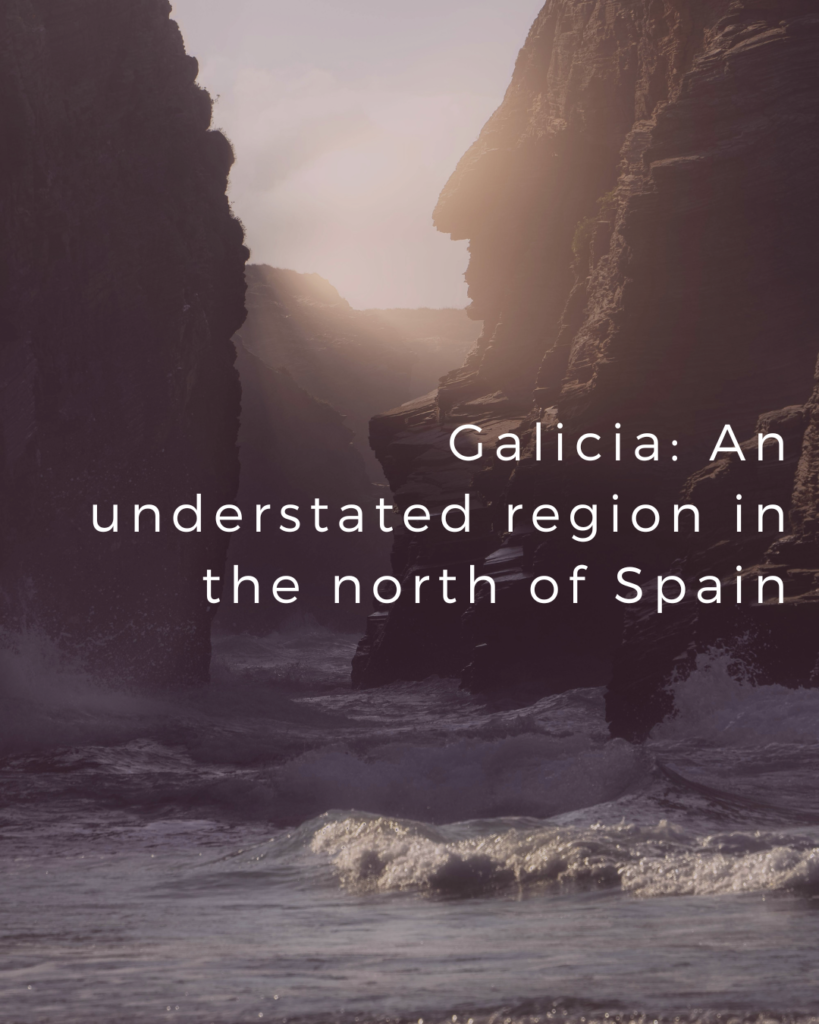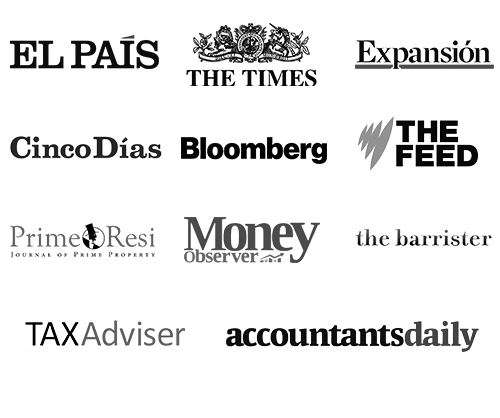Working as self employed in Spain. Spain has become an attractive country to become a freelancer, as it offers nice weather, vibrant cities and access to the European market for professionals from all sectors. As a result, in the past years, certain areas in Madrid, Barcelona and other cities have become almost micro-Silicon Valleys of entrepreneurship. Excellent transport links are another advantage, in addition to the nation being the door to Latin America and the direct bridge to Northern Africa.
Of course, current limitations due to the pandemic have generated worries about the prospects for many independent professionals. While it is still early to understand the economic impact of the current crisis, recovery is expected to be swift once our societies learn how to deal with the worst medical consequences. Consequently, it is a time as good as any other to start a business in Spain.
However, anyone who is new to the country should think carefully about the best way forward. Not every self-employed regime will be useful in every case, regulations change often. In fact what are the most recent reforms affecting contractors and freelancers in the country?
Recent changes in the law for freelancers in Spain
In 2018, the Spanish Parliament passed the new Law for Freelancers (autónomos). This Law introduced several changes that increased the attractiveness of the formula for entrepreneurs.
- Self-employed individuals can now access the flat rate a second time if they have spent three years without being an autónomo. Fines for late payment have also been cut by half.
- Autónomos now spend less time without contributing to their public pension, between two or three years depending on certain conditions.
- Flat rates for autónomos are now extended to two years.
- There are multiple improvements to facilitate self-employed life.
- Autónomos who are disabled or victims of terrorism and domestic violence, pension benefits are established at two years (even if it is the second time they register as self-employed). Single mothers also have access to a flat rate without having to wait three years; they can regain it if they restart in the two years since they stop their activities.
- Another important change is the recognition and exemption from paying the autónomo duty during paternity or maternity leave; and for taking care of dependent family members.
- Self-employed workers who suffer accidents during their commute will now have them recognised as workplace accidents.
- Finally, autónomos at retirement age who wish to keep working and also have employees will be able to get 100% of their pension; rather than half, which was the case in the past.
- For autónomos who work from home, there are also additional exemptions of up to 30% of their income tax from electricity, gas, water, phone and Internet costs. In the past, only those freelancers with separate and dedicated utility suppliers could opt in for these exemptions. There are also tax exemptions for freelancers working abroad for their expenses in food and accommodation, and for those with private health insurance (including coverage for their families).
- Now self-employed individuals will only pay the autónomo rates for the exact period they are registered as such. There is also more flexibility for changing taxable quotes and for signing up or signing off from the regime.
- Self-employed individuals who are also full-time employees will now have excess duties automatically returned, without having to request them when quantities equal or surpass €12.368,23.
For those autónomos who are also business owners, they finally untied the minimum base for pension payments from the minimum wage and the Group A of general contributors. It is now determined by the state’s general budget, like other contributors. Plus, there are additional bonuses for those business owners who give permanent contracts to family members and children with disabilities.The new legislation also facilitated the creation of representative associations for self-employed individuals in Spain, including them in training and other projects led by the Spanish government. Finally, the Parliament also decided to study issues like part-time pension contributions for autónomos or options for partial retirement.
Want to be a happy freelancer in Spain? Seek legal help in advance
As it is clear from this brief summary, the Spanish government is trying to update its legal environment to promote entrepreneurial activities in the country. There are some other changes that are perhaps of more limited interest for freelancers. For example, autónomos who own businesses which invest in companies they do not own will have to pay a European-wide tax, called Legal Entity Identifier. However, shares owned as an individual are exempt from this tax. Other relevant issues include data protection changes and new duties for short-term contracts.
What this example shows is that seeking legal help in advance can help you avoid additional payments as an autónomo in Spain. By submitting your information early and reviewing it with an expert, you are likely to find out certain regulations that might benefit your situation (and protect yourself against pitfalls!). Del Canto Chambers is particularly experienced at accommodating the needs of foreign individuals who move to Spain. While a lot of the team is Spanish and has abogado qualifications, some members are also recognised barristers in the UK. All of them, in any case, have experience with advising professionals from places as different as Qatar, United States or Colombia who have sought to start their European adventure in Spain.
Contact Us
Del Canto Chambers is a leading London Chambers specialising in intellectual property, tax, international tax and legal affairs, property law and legal advocacy.
If you would like to speak to an expert about registering or protecting a trademark, please ring us.
To make a no-obligation enquiry, please either call us now on:
+44 2070 430648 or Make An Online Enquiry.
We will come back to you within 24 hours and we will be delighted to help you.





